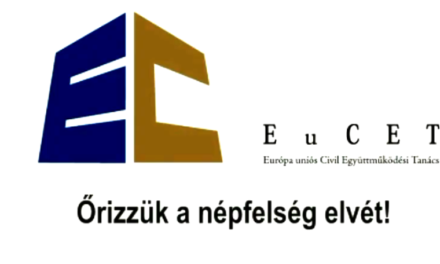The overwhelming majority of Hungarian people support the most important government measures that affect their daily lives, support for families, utility reduction, curbing illegal migration and child protection, the Mária Kopp Institute for Population and Population (KINCS) announced, referring to the results of its latest research.
According to the representative survey of 1,000 people conducted between January 5 and 13, the respondents largely agree with the government's most important and fundamental measures. According to most Hungarians, tax refunds for families (88 percent), the 13th monthly pension (86 percent), the increase in the minimum wage (85 percent) and the personal income tax exemption for young people (84 percent) are more good than bad for Hungary and the Hungarian people. they wrote.
"Recently, many critical voices from the opposition could be heard in relation to several government measures of decisive importance. The Mária Kopp Institute was curious to know what the Hungarians think about these measures, so they were asked in connection with nine measures whether they think they are good or bad for the Hungarian people and for Hungary in general. The results speak for themselves, as all nine measures are supported by the overwhelming majority of respondents," they said.
The survey also revealed that curbing illegal migration is also particularly important for Hungarian people (85 percent), and that supporting families and protecting children and families are also decisive: the former is considered by 83 percent of respondents, and the latter by 82 percent. to support.
According to the survey, the popularity of utility reduction remains unbroken (78 percent) and 8 out of 10 also support the freezing of gasoline prices.
The results show that the number of skeptics increases slightly with the increase in education and the size of the settlement where they live, but even in their case, support of around 75-80 percent is exceptionally high, they pointed out.
It was called interesting that even among respondents who consider themselves critical of the government, there are three to four times more people who agree with the government measures than those who reject them.
For example, even two-thirds of government critics agree with the protection of children and families, only a fifth do not, and a sixth are uncertain about the issue.
Those criticizing the government identify most with the family tax refund (75 percent) and the least with utility reduction (55 percent), although there are still more supporters among them, while the proportion of those who are unsure is relatively high, around 15 percent, KINCS said.
MTI
Image source: Magyar Hírlap












